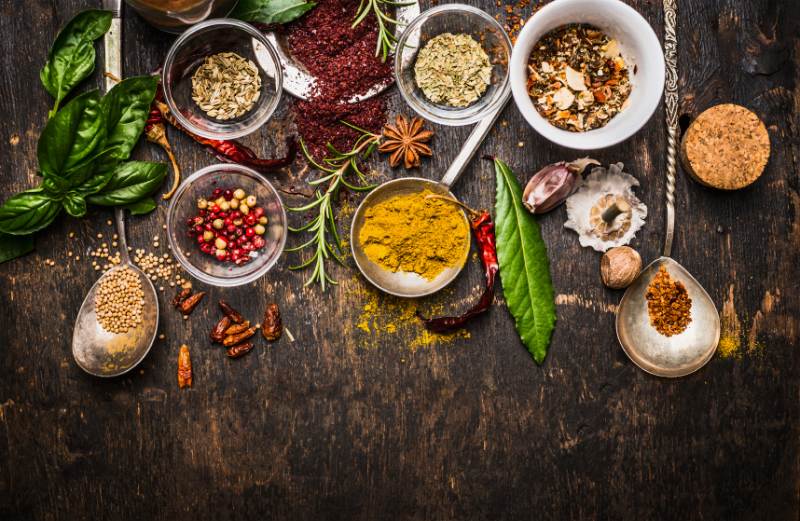Common Foods That Ayurveda Considers Amrit

According to Ayurveda, These Foods are Regarded as Amrit
The ancient Indian medical system known as Ayurveda has long stressed the role that nutrition plays in preserving health and wellbeing. Some foods are regarded as “Amrit” in Ayurveda because of their extraordinary nutritional and therapeutic qualities. These meals are well known for boosting vitality, encouraging longevity, and regulating the body’s doshas (Pitta, Kapha, and Vata). Here are a few of these wonder foods along with their many health advantages.
1. Turmeric
Known for its anti-inflammatory and antioxidant qualities, turmeric, sometimes called the “golden spice,” is widely used. The active ingredient in turmeric, curcumin, has had a great deal of research done on it. The anti-inflammatory, anti-oxidant, and health-promoting properties of curcumin. Turmeric is thought to help balance all three doshas, cleanse the blood, aid in digestion, and improve the condition of the skin in Ayurveda.
2. Ghee
Another Ayurvedic item that is regarded as liquid gold is ghee, or clarified butter. Ghee, being high in good fats, facilitates better digestion by lubricating the digestive track and promoting the absorption of nutrients. Butyrate, a short-chain fatty acid found in ghee, promotes intestinal health and lowers inflammation. In addition, ghee has been shown to strengthen immunity, improve brain function, and offer a plentiful supply of energy.
3. Amla
Ayurveda recognizes amla, also known as Indian gooseberry, for its potent antioxidants and high vitamin C concentration. It helps to balance the three doshas and is especially useful for strengthening immunity and promoting healthy skin. anti-inflammatory and antioxidant properties that can enhance general health and aid in the prevention of chronic diseases. Amla is also believed to strengthen liver function, promote heart health, and facilitate better digestion.
4. Honey
Honey’s adaptability and health advantages are well-known in Ayurveda. It has antibacterial and restorative qualities and is used to balance Pitta and Kapha doshas. The antimicrobial properties of honey and its function in immune system support and wound healing. Honey is frequently used in Ayurveda to enhance the effectiveness and absorption of other herbal remedies by acting as a carrier (Anupama). However, one thing to keep in mind according to Ayurveda is that warm honey can act as a gradual poison, causing the body to become poisonous or “ama.”
5. Tulsi
In Ayurveda, tulsi, or holy basil, is prized for its adaptogenic qualities, which ease the body’s reaction to stress. Its antibacterial, anti-inflammatory, and antioxidant properties help to balance the Kapha and Vata doshas. Tulsi has been shown to improve immunity, lessen stress, and promote general wellness. One common way to use this herb is in tea form, which has a relaxing and revitalizing effect.
6. Giloy
Guduchi, another name for giloy, is another potent herb in Ayurveda. The vast health advantages of this plant have earned it the title “root of immortality”. Immunomodulatory, anti-inflammatory, and antipyretic qualities are well-known for giloy. Giloy has been used traditionally to treat a variety of fevers and illnesses and has the ability to greatly improve immunological function. It is good for liver function, digestion, and detoxification of the body. It also helps balance the Vata and Kapha doshas.
7. Ginger
A popular ingredient in Ayurvedic medicine, ginger has anti-inflammatory and digestive benefits. It works especially well to balance the doshas of Kapha and Vata. Ginger is helpful for ailments including arthritis and muscle stiffness because of its capacity to lessen pain and inflammation. Additionally, ginger is frequently used to boost immunity, increase circulation, and reduce nausea.